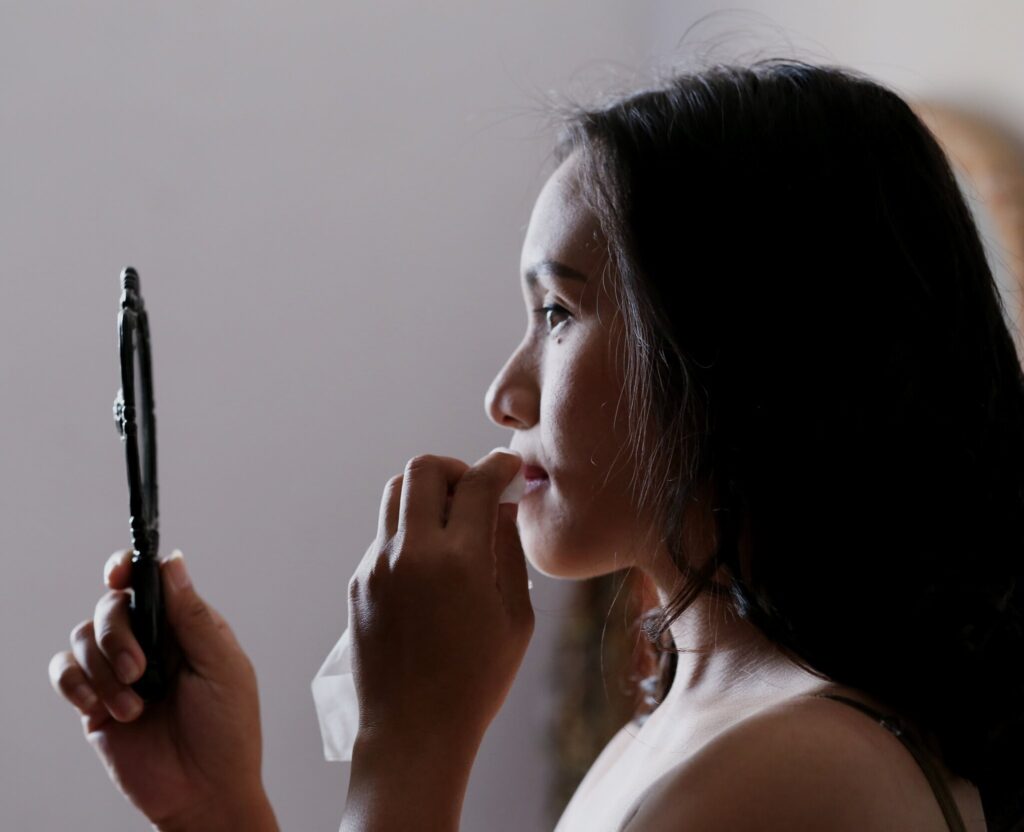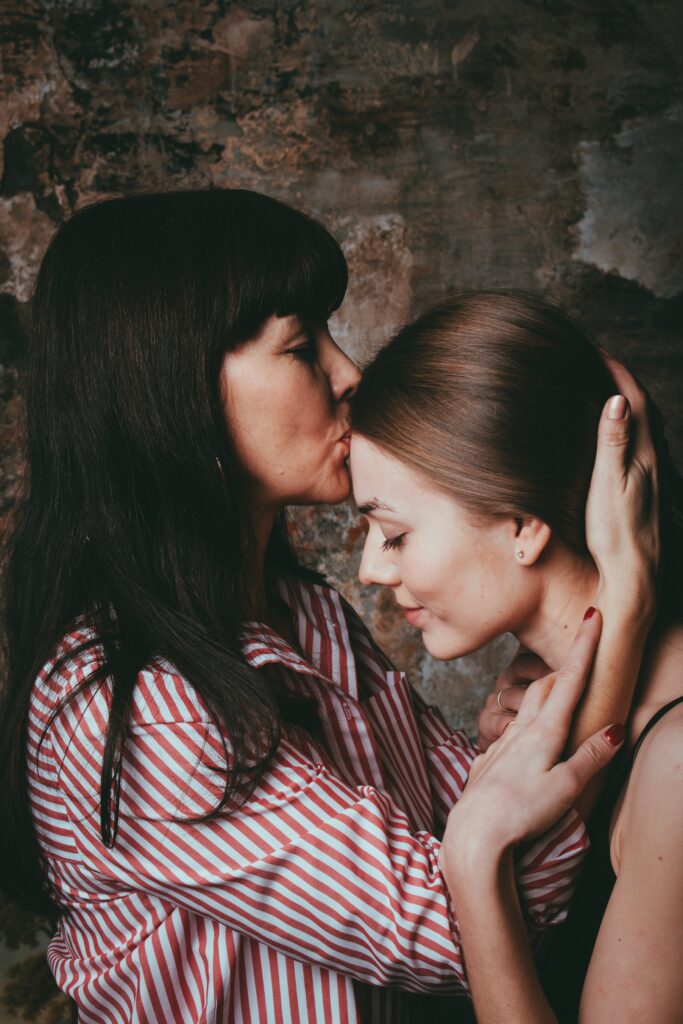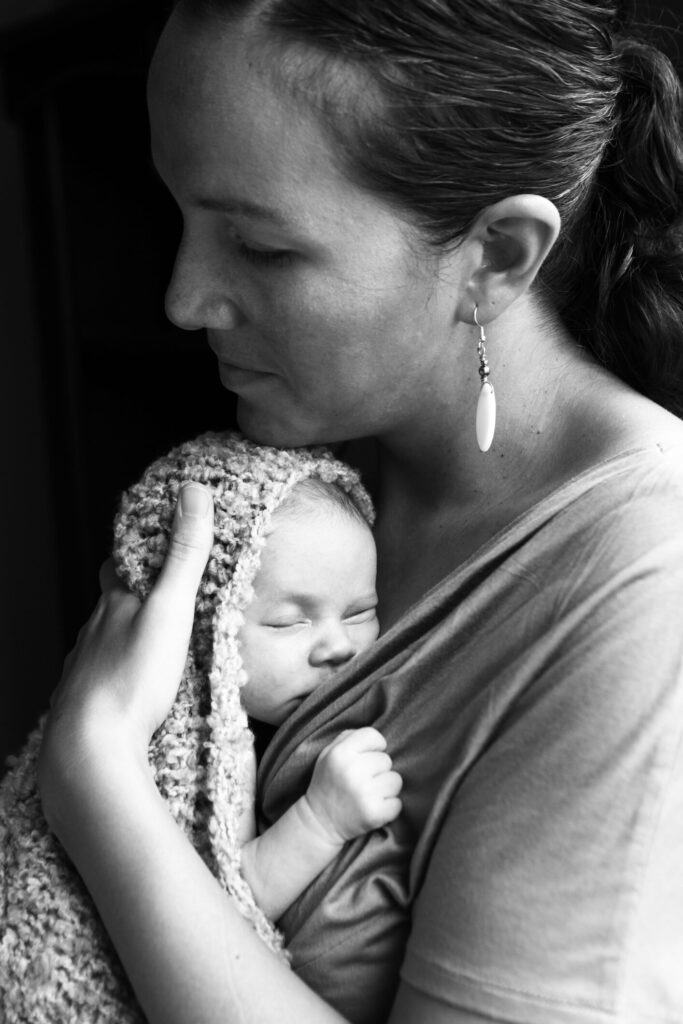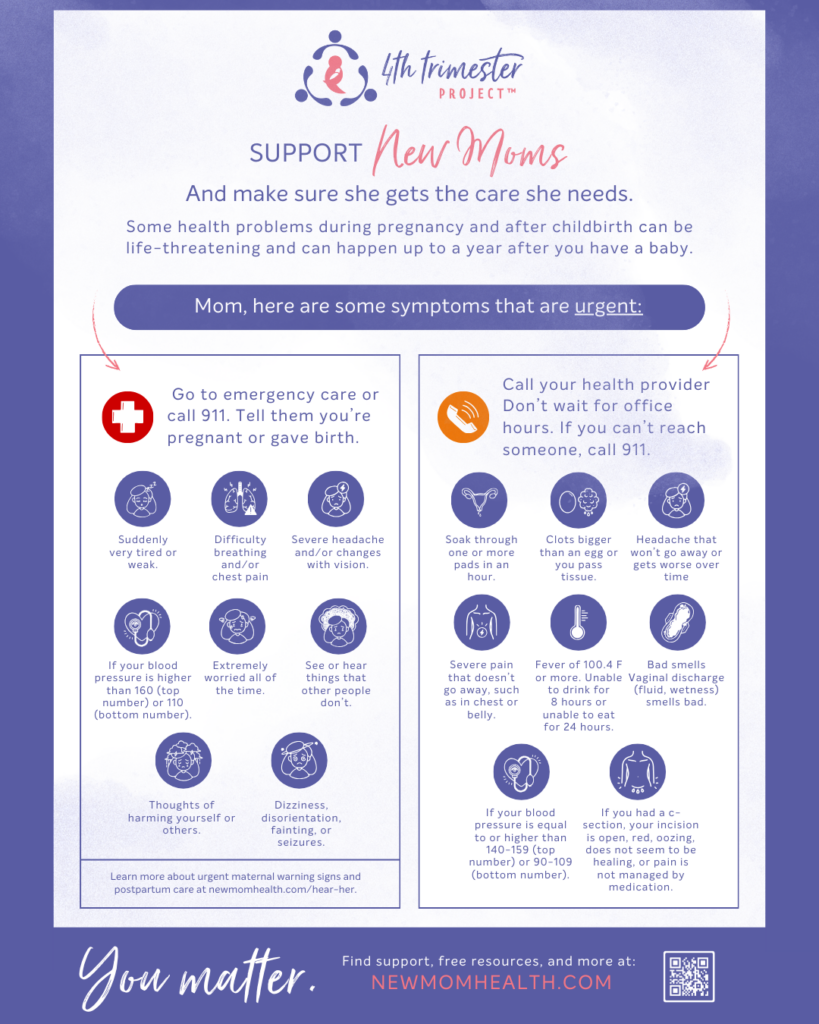
The birth of a baby also births a new mother. Having a baby changes us. Research confirms that almost all women undergo “fundamental changes” after childbirth that actually alter their brains. Yes, your body, relationships, priorities, and life change but also your sense of self. This is not something most women expect to happen. As a “4th Trimester Project” mom put it, “I am not Ashley anymore, I’m Aiden’s mom.” As happy as most women are to become mothers and embrace their new selves, finding the “new me” is important as is grieving a bit for parts of yourself that may end up on the back burner for a while. The postpartum period is a time of new learning, feelings, skill building, and growth. Motherhood is powerful and it also takes some getting used to.
Becoming a mother is arguably the most significant physical and psychological change a woman will experience. This identity shift can be experienced by fathers and partners. Women, however, go through the hormonal changes of pregnancy which may have a specific neurobiological experience (source).
Returning to work, school, and/or previous roles can trigger feelings of anxiousness, and be a particular vulnerable time. Balancing work / life and the care and feeding of an infant is challenging. Worries about how co-workers / friends / teachers will perceive you upon return are common.
How can I manage?
- Think about the one or two things that you find are the most essential to your ability to feel okay. For some women this might be exercise or spending time with a best friend or reading a book or something special to you. If there is something that makes you uniquely feel like you, that deserves to be a priority.
- Be realistic about your workload and goals. This can be difficult if you have a demanding boss or co-workers but where you have the opportunity to set limits, now is the time to do so.
- Find a new routine that allows you to feel well physically, mentally, and emotionally – taking care of yourself is crucial so you can take care of your baby and loved ones
- Find small ways to nurture relationships with your partner, other children, and loved ones – plan ahead, keep it simple, and remember a simple text message can go a long way!
- Go on a social media fast: limit social media usage or delete people/accounts that are not uplifting to you.
- Talk to a supportive friend! Value yourself and your time separate from your role as a parent
- Make time away to do something you love – that may mean asking for support so you can step away from baby
- Write down one thing each day you are thankful for or can call a “mommy-win” – keep it simple! Find humor and something positive in the daily routines – where can there be pockets of joy in a busy day?
- Things will always be changing – the physical demands of caring for a new born and young children is intense. And it does get easier! Knowing there are ages and stages for young children can help.
Read the experiences of other mothers and how they found support to manage their new identity
Additional Resources to Explore:
- A book we love, “Mama Bare,” shares stories of mothers and families transitioning into these new roles as parents
- “The Birth of a Mother,” New York Times
Resources to consider for LGBTQIA+ Parenting:
- Human Rights Campaign Resource that address multiple angles within queer families/queer parenting
- Gay Parents to Be
- Family Equality
- The Fenway Institute – resource clearinghouse of state and national resources










